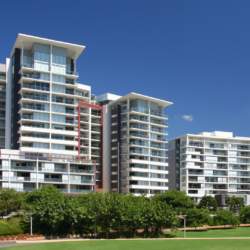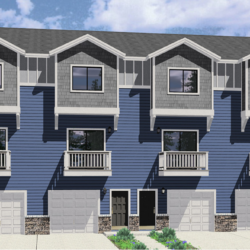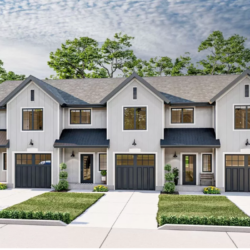How to Manage Duplex and Triplex Properties in Dallas
How to Manage Duplex and Triplex Properties in Dallas Investing in duplex and triplex properties in Dallas can be a lucrative venture, but managing these multi-family units effectively requires a strategic approach. Whether you’re a first-time investor or a seasoned landlord, understanding the unique aspects of managing these properties is crucial to maximizing your return Read more about How to Manage Duplex and Triplex Properties in Dallas[…]










